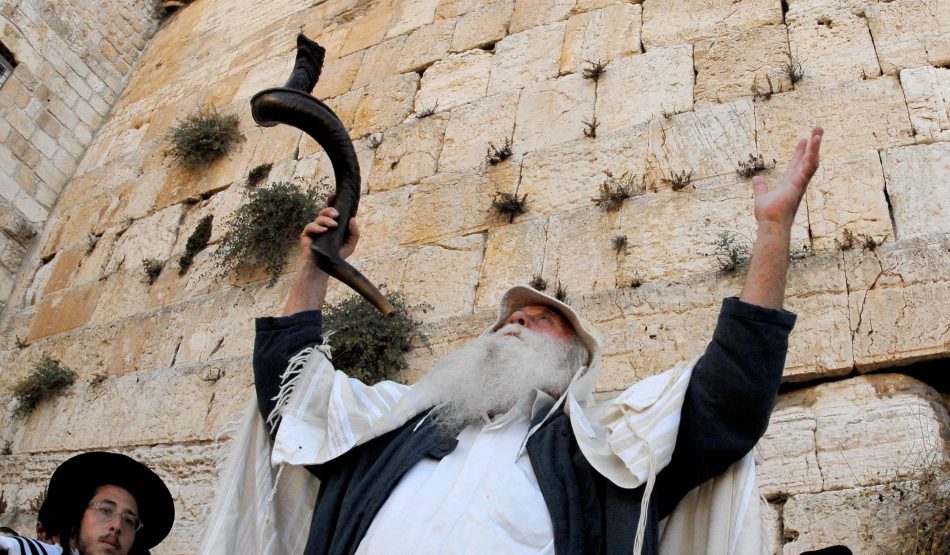Immediately following the transformative intensity and spiritual cleansing of Yom Kippur, Israel begins preparing for the weeklong festival of Sukkot. These preparations involve an active reengagement with nature, building temporary outdoor huts (sukkot) to move into for seven days and obtaining palm branches, myrtles, willows and citron fruits, paying special attention and care to the details of each.
Although the power of the days spanning from Rosh HaShanah to Yom Kippur create the necessary mindset for atonement, self-improvement and growth, these days also deplete our sense of spontaneity and joy, causing life to be experienced as somewhat rigid and unnatural. Sukkot – “the festival of our joy” – then forces us to reconnect with nature in such a way that infuses us with vitality and a childlike appreciation for life.
“The festival of Sukkot is a holy day whose joy and splendor we can feel only when we live in our beloved land, crowned with clear, turquoise skies pleasing to the eye and a pure, temperate, healing air, which together remind us of the hand of G-D, which brought us to the good and pleasant land of the Carmel, which renews in us strength, life and the hope that Israel will once again flourish upon its open spaces.” (Rabbi Avraham Yitzḥak HaKohen Kook in Kol BeHadar)
The festival of Sukkot takes on an entirely different dimension when celebrated on our native soil. Jews returning to Eretz Yisrael can note the astonishing contrast between the holiday’s observance in the Diaspora and its performance in our homeland. The atmosphere in Jerusalem is one of great anticipation where people everywhere prepare for the weeklong celebration. Many are outside with their families and neighbors building their own unique brand of sukkah. On nearly every corner, children sell the four species with a wide variety of citron fruits to choose from.
Seeing all of the different citrons causes us to appreciate Israel’s current situation in comparison to stories of Jewish life in foreign lands – generations ago – where Jews were sometimes unable to obtain etrogim at all. In such cases a person would not be held liable for neglecting to perform the mitzvah as it was above and beyond anything he could practically do. But during those difficult years, the commandment of taking an etrog on Sukkot never disappeared. As soon as citrons could again be procured, the Jews of that region were once again obligated to perform the mitzvah.
This is comparable to the Torah commandment to live in the Land of Israel. The moment that the mitzvah returns to our hands, it once again becomes our sacred duty to fulfill. When the Hebrew Nation was broken and scattered throughout the world, it was often physically impossible for us to return to our borders and we were not held accountable for neglecting the commandment. But now that there is a sovereign Jewish state over portions of our homeland, Diaspora Jews are left without any excuse for not returning to their true home in Eretz Yisrael.
The central idea of the sukkah is trust in the Kadosh Barukh Hu. The sukkah (whose flimsy construction makes it appear outwardly unfit even to be called a dwelling) is our tower of strength, sheltering us from danger on these sacred days. We must realize that it is not through the flimsy walls but through HaShem’s protection that the sukkah becomes our shield. Our Torah decrees that during these days this structure shall be our dwelling, teaching us that true security lies in our trusting HaShem and knowing that no evil will befall us if we sincerely and wholeheartedly perform His Divine Will.
While some may offer seemingly rational justifications for remaining in the exile and ignoring the mitzvah to live in Eretz Yisrael (see Ketubot 110b, Rambam Hilkhot Melakhim 5:12 & Hilkhot Ishut 13:19, Ramban’s supplement to the Rambam’s Sefer HaMitzvot 4, Sh
[huge_it_share]



